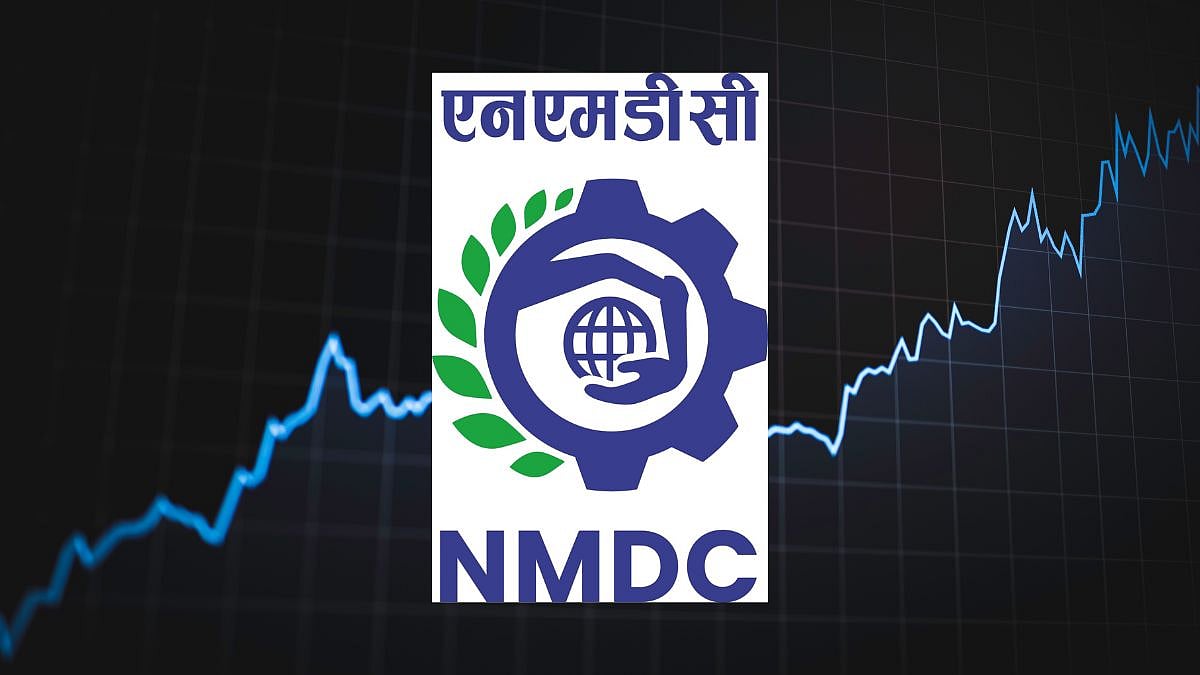The latest edition of the Academic Freedom Index (AFI) report from the prestigious V-Dem institute was released recently. It provides an overview of the state of academic freedom in 179 countries in 2023 and its changing trends over time. In line with previous AFI reports, this year’s data demonstrate that academic freedom globally is under threat. While it is in decline in 23 countries, academic freedom is increasing only in 10 countries.
The 2024 report also explores the challenge of polarisation because the data show that increasing polarisation correlates with decline in academic freedom in many countries though there are a few exceptions. In highly polarised countries, universities get caught up between the ‘us’ and ‘them’ divide. Yet, it is in these tense, even explosive times, the role of universities is particularly important. Universities are in a unique position and, therefore, also have the responsibility to diffuse polarisation through open discourse, scientifically sound knowledge production and education. In these times, universities and academics also have reasons to insist on institutional autonomy and scholarly integrity.
The report says that today’s proportion of world population who lack access to academic freedom is comparable to the situation almost 50 years ago. In 1973, about 43.5% of the world population — 1.6 billion people — lived in countries with completely restricted academic freedom, and now about 45.5% people — a much larger population of 3.6 billion people — live in 27 countries with completely restricted academic freedom. Further, another 11% live in countries with severely restricted academic freedom.
In sharp contrast, in 2006, academic freedom was at all-time high when almost 4 billion people lived in countries with well-protected academic freedom. Only 17 years later, this number had declined to only 2.8 billion people. Between 1973 and 2023, there was a steady growth and then decline in academic freedom across countries. However, 56 countries now have significantly higher levels of academic freedom in 2023 than in 1973. Thus, from a country perspective, this represents a remarkable achievement. At the same time, from the population perspective, the picture is much darker because population growth, during this period, has been much higher in countries with less academic freedom.
The report suggests that while there are many factors behind episodes of growth and decline in academic freedom, one of the most plausible explanations for decline in the present context is political and societal polarisation. Societal polarisation, here, means the division of society into ‘Us’ versus ‘Them’ camps. Political polarisation means the division of the political sphere into antagonistic political camps. Studies consistently show that the last 20 years of democratic backsliding is primarily driven by anti-pluralist, nationalist parties. Their coming to power and subsequent autocratisation are strongly associated with increasingly toxic level of polarisation. These parties typically restrict university autonomy unless effectively prevented by a domestic legal framework.
Societal polarisation also tends to lead to a climate of fear where scientists are discouraged from asking controversial research questions or sharing their findings with policymakers and the public.
Toxic levels of political and societal polarisation tends to affect autonomous research institutions and individual researchers’ right to research and teach, specifically a topic that is also politically and socially salient such as climate change, gender studies or migration. However, the correlation is far from straightforward and for some countries, the decline in academic freedom can also be caused by other political and social factors. In a few cases, the academic freedom expanded even in the presence of moderate-to-serious levels of societal polarisation. Thus, other factors like legal framework and universities’ and academics’ own agency also play a role in mitigating the pressures of polarisation on free science and higher education.
According to the report, over time, academic freedom has substantially worsened in 10 countries with large populations like Bangladesh, India, Turkey and the United States of America. At the same time, there are 73 countries where the levels of academic freedom have not changed substantially in any meaningful and significant ways.
The number of countries with growth in academic freedom increased from the 1980s and peaked at 44 in 1990. A noticeable decline started shortly after, but the number of countries with growth in academic freedom began to increase again in 2019. Coinciding with the wave of democratisation in the 1980s and 1990s, academic freedom also increased substantially in the late 1980s and early 1990s, leading to the greatest improvement in academic freedom yet recorded. In fact, there was not a single country in which academic freedom declined during 1991 and 1992. In 2000, academic freedom declined in only three countries — but that number significantly increased to 26 in 2021.
The report informs us that six top countries where increasing societal and political polarisation has been accompanied by an alarming decline in academic freedom are El Salvador, Hong Kong, Hungary, India, Russia and Venezuela. In Hungary, the polarisation began to increase in 2005 and reached toxic levels in 2010 following Prime Minister Orban’s victory. After he took office, academic freedom dramatically declined in the country. Similarly in India, political and societal polarisation remained at moderate levels till 2013. The decline in academic freedom then coincided with a sharp increase in toxic polarisation under the government of Prime Minister Narendra Modi.
The report is a timely reminder, yet again, that academic freedom remains precarious in many countries. It cannot be taken for granted and universities and academicians cannot shy away from their share of responsibility to actively protect their freedom and their rights.
Vrijendra taught in a Mumbai college for more than 30 years and has been associated with democratic rights groups in the city










